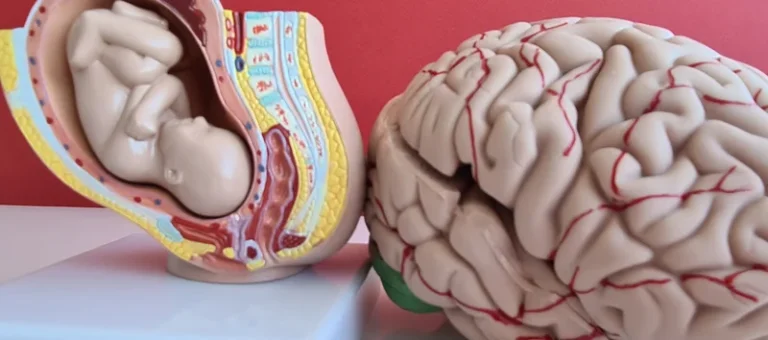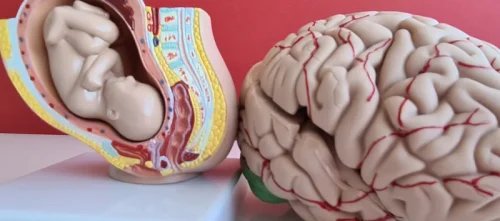Unveiling Your Journey: Crafting and Sharing Your Recovery Story

The therapeutic power of storytelling cannot be overstated. By sharing their personal accounts, https://ecosoberhouse.com/ individuals in recovery can provide insight into their journey of overcoming obstacles. This authenticity promotes emotional healing, allowing them to process feelings tied to their addiction and recovery. Recovering from addiction is a life-changing journey, and sharing your experiences can have a profound impact on those who are still struggling.

Even Through the Tough Times
Sharing your recovery story is a powerful way to connect with others and contribute to the broader conversation about recovery. It’s a testament to your strength, resilience, and the transformative power of hope. By sharing your story, you not only illuminate your own path but also light the way for others. Sobriety is a major success story – and if you can explain those defining moments of recovery, it will truly motivate your audience to push forward in their recovery journeys, too.
- Your life is an example of success with addiction recovery.
- There are many great reasons to share your recovery story with others, even if you aren’t typically the type of person who chooses to share personal experiences with others.
- The stigma surrounding addiction can be a significant obstacle for those seeking help.
- Those 90 days were the most excruciating in my life, but the staff there—especially my counselor Dave—were instrumental in helping me face my demons.
- Some relationships will be restored, while others may not, and both outcomes are part of the healing journey.
Be Honest
- It could be people in the room (like a sponsor) or people in your life (like a family member).
- No matter what happened, this turning point is an essential part of your story because it marks the beginning of your journey toward healing.
- This can be anything from attending 12-step meetings to working with a therapist.
- The isolation, the shame, and the hopelessness can make recovery seem impossible.
- Be sure to offer words of encouragement to those who are still battling drug or alcohol use disorder.
NAMI In Our Own Voice is a presentation for the general public to promote awareness of mental health conditions and recovery. This program is also available in Spanish, En Nuestra Propia Voz de NAMI. If you’re ready to start your own story of recovery, speak with a professional from Burning Tree today.

Activities That Don’t Revolve Around Alcohol
Try to keep an open mind and remember that everyone is at different sharing your story to help others parts of their recovery journey. This person may want your advice or just need someone to connect with. While you share your recovery story, it’s vital to acknowledge the people who got you to the place you’re at today. It could be people in the room (like a sponsor) or people in your life (like a family member). Recognizing your support system can help you remember that there are people cheering for your continued recovery. Newcomers may decide that a program is nothing more than people telling tales and decide not to share.
Saying your story out loud is a form of self-love, as well. It allows you to validate that your experiences are worth being heard, worth sharing, and you are worthy of being loved and cared for by others. In this section, we will explore the significance of sharing your recovery story and delve into what is alcoholism the reasons why it holds such transformative power. One way to determine whether you’re ready to share your recovery story is to first speak with your mental health therapist or counselor.


Sharing stories that balance honesty with sensitivity can resonate deeply. Focus on emotions and reactions you’ve experienced rather than explicit details about substance use. Ending with a message of hope not only showcases resilience but also encourages those listening to see that recovery is attainable. This combination of authenticity and connection can serve as a powerful tool for both personal healing and communal support. It’s okay to go into the raw, unfiltered truth about addiction.
Don’t: Engage in “War Stories”
By using storytelling, AA has attracted and retained members, promoted their program and helped countless individuals heal and recover. This exemplifies how sharing recovery stories can be very useful in marketing rehab centers and treatment programs. Personal recovery stories can also have a big impact on readers, creating an emotional connection, and affecting attitudes and behaviours. Also, sharing these stories can assist rehab centers and treatment programs with marketing their services. With this, stigma surrounding addiction and mental health can be broken down, and individuals can be encouraged and affirmed on their recovery journey. Life lessons from stories include learning about yourself, developing coping skills, and making a support group.
Do: Remain Open to Others After Sharing

The action of telling your story can help others that are struggling with substance abuse or mental health-related issues. A person may be feeling anxious about entering into treatment and knowing what to expect for the road ahead, but your story can bring them peace. They will be reminded that they are not alone and can make it through recovery to find a happy life in sobriety. You can become a mentor for that person, sharing advice, coping techniques, and more with the individual so they can get through recovery too. Sharing personal stories has the power to evoke an emotional connection, and even alter the attitudes, behaviors, and actions of readers.

